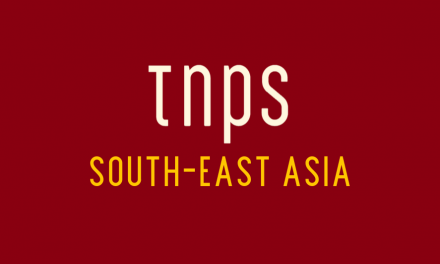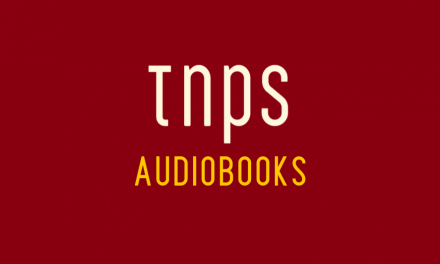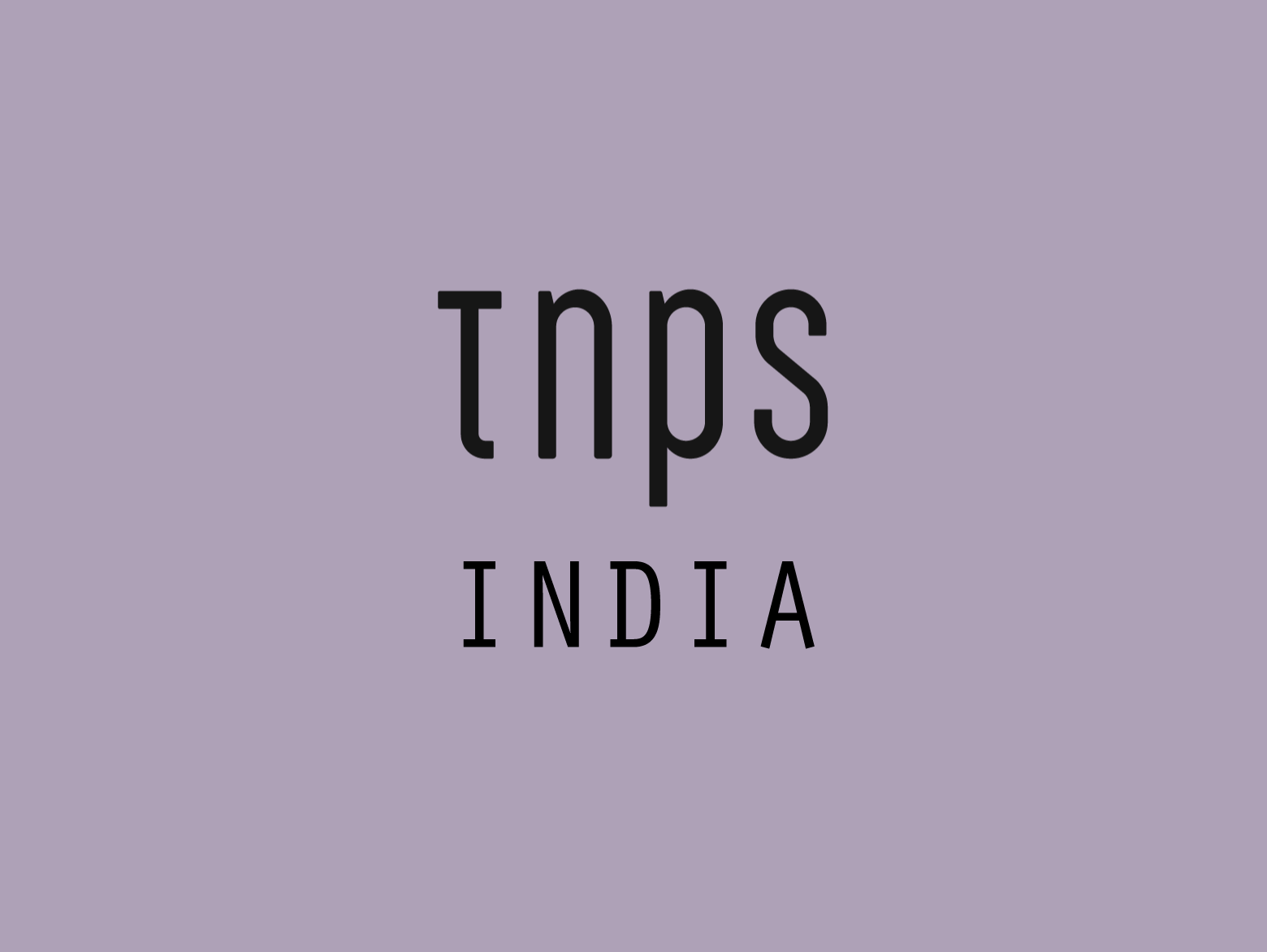With just 9 coronavirus cases confirmed, and just one death from the virus so far, the Zimbabwe government, like many across Africa, is not following the US and UK example and waiting to take action until its too late, but taking preemptive measures to halt the epidemic.
The 21-day lockdown that started today, April 4, will hurt, but it may just save the country from longer-term pain and misery if it can help contain the spread of the most devastating plague in modern history.
For Zimbabwean publishers, already struggling to recover from the Mugabe era, the lockdown will be especially painful, but at this stage some in the industry seem confident it will all be worthwhile, that the measures taken now will prevent the coronavirus causing the devastation it has wrought in Europe and the USA, and that by end July the Zimbabwe International Book Fair (ZIBF) will be able to go ahead.
With the ZIBF scheduled for July 27 through August 1 this year, preparations for now continue on the assumption it will be safe or permissible for the event to proceed.
A statement from the ZIBF organisers has asked for 500 word abstracts from industry stakeholders to help select speakers and presentations for the Indaba Conference, which is set for July 27-28, this year with the theme Book Industry: The Dynamics Within.
Having observed that most of the themes from 2011 to 2016 addressed developmental and philosophical issues, the board decided to select a theme that may give us a rare opportunity to look more closely at the internal welfare and goings on of real people and institutions (big and small) in the book industry itself in Zimbabwe and Africa.
The book industry in Zimbabwe and Africa is currently in a state that demands that we evaluate the perspectives of every stakeholder against those of others, in order to create harmony and cohesion. We have noticed that the book production chain in its various formats seem not to be united to address the opportunities and challenges that we have in our daily relations as creators and business people.
A positively open and candid forum discussion may possibly allow all stakeholders to get a 360-degree view of the situation, understand and empathise with other groups’ positions, ultimately leading to viable solutions in taking the industry into the future.
Too soon to say how much the coronavirus crisis will influence this debate, always allowing it will go ahead, but in the wider Zimbabwean media digital is already taking centre stage.
Technomag reports that in response to the lockdown Alpha Media Holdings and The Chronicle have,
employed electronic papers to disseminate news as measures to reduce physical contact and curb the spread of COVID-19 (despite newspapers being) exempted from the lockdown and considered an essential service to inform the nation during the lockdown.
Alpha Media Holdings said in a statement that while,
Zimbabwe is under a 21 day lockdown due to the COVID-19 pandemic there will be no physical contact between readers and our staff. The pandemic is wrecking havoc around the world economies. Let us all maintain social distancing.
Alpha Media Holdings journals The Standard and Zimbabwe Independent are now being issued in PDF format.
Technomag postulates that this digital transition may see the media abandon traditional print runs and go fully digital once the pandemic is over.
That’s a bold forecast that I suspect will not come fully to fruition this year, but the longer this crisis forces publishers to offer digital solutions and the longer consumers have to get used to digital media consumption, the harder it will be to return to the ways things were in 2019.
For Zimbabwean media and book publishers alike this crisis could be a game-changer in ways unimaginable in Zimbabwe as this year began.
And for most stakeholders in the publishing sector the long-term impact will prove positive, with digital enabling publishers to reach more consumers, both at home and abroad, while reducing production costs and timelines.
For Zimbabwean printers and related distribution and retail sectors on the other hand, this could prove disastrous for many.
Covid-19 won’t be an extinction event for print-based publishing, but things will never return to how they were three months ago.





